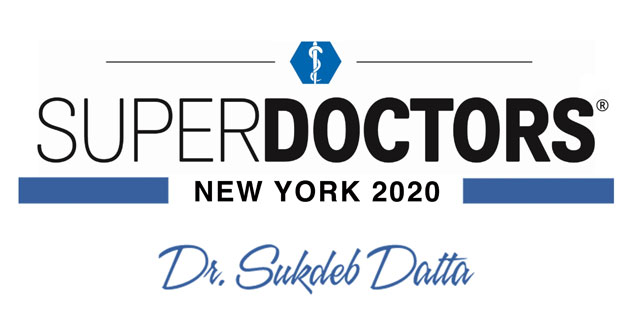Risk Factors
The risk of infection depends largely on two factors: the type of surgery, and vigilance in post-surgery care. The same tips that can lower your risk of infection, can also help hasten your recovery time, and promote overall health. The following guidelines help lower your risk of infection:
- If possible, opt for laser back surgery or other minimally invasive procedures; this will reduce the wound size and allow you to avoid a stay in the hospital
- Ask to stay warm while the surgery is performed - while operating rooms were once kept cold, it is now known to reduce immune response and the body's ability to heal
- Follow your physician's recommendations regarding caring for your wound
- If you are prescribed preventative antibiotics, take the full course
- Touch your incision as little as possible, and wash your hands regularly
- Never allow friends or families to touch your wound (although with spine surgery, you may need a trusted love one's help with wound dressings)
- Do not shave the area which will be operated on - shaving can irritate the skin
- Take steps to increase your immune response, such as getting enough sleep, not smoking and eating a healthy diet
Before surgery, your doctor will take into account any extenuating conditions which may put you at greater risk for an infection. For example, if you have had a skin infection in the past, you may be more prone to developing an infection following surgery. Obesity, diabetes, and allergies may also affect the course of treatment. Infection is more common in the elderly and in people undergoing longer (2+ hours), more complicated procedures. For patients with risk factors for infection, laser spine surgery is an especially strong option.
Particularly if you have a higher-risk surgery such as open spine surgery, it is important to be on the lookout for signs of infection at the site of the incision. Typically, if an infection is going to develop, it will occur within 30 days of surgery, so that is the time to be most vigilant. While most infections are mild and can be treated easily, if an infection is left unresolved it has the potential to become serious, so it is important to catch infections early on. Signs of infection include:
- Pain at the incision site - your pain should be decreasing over time, not increasing
- Redness at the surgical wound
- Warmth at the wound
- Swelling at the incision
- Fever of 101 degrees or more; taking your temperature regularly can help detect fever early on
- Fatigue that does not lessen as you recover
Almost all infections begin in the superficial tissues, but left
untreated, they may spread to deep tissue or even affect the organs; that is why early detection is key. In the event that an infection has developed, your physician will prescribe a treatment regimen to eliminate the infection and prevent it from spreading. This means a faster, less intensive recovery.
Overall, it is highly unlikely that you will develop an infection after spine surgery. The risk is especially low if you qualify for a minimally invasive procedure such as laser back surgery. Caring for your wound and keeping an eye out for signs of infection can further reduce your risk.
To schedule a consultation with an expert in minimally invasive spine surgery, please call the Datta Endoscopic Back Surgery and Pain Center at 212-420-0312.






 EDISCSCULPT
EDISCSCULPT



